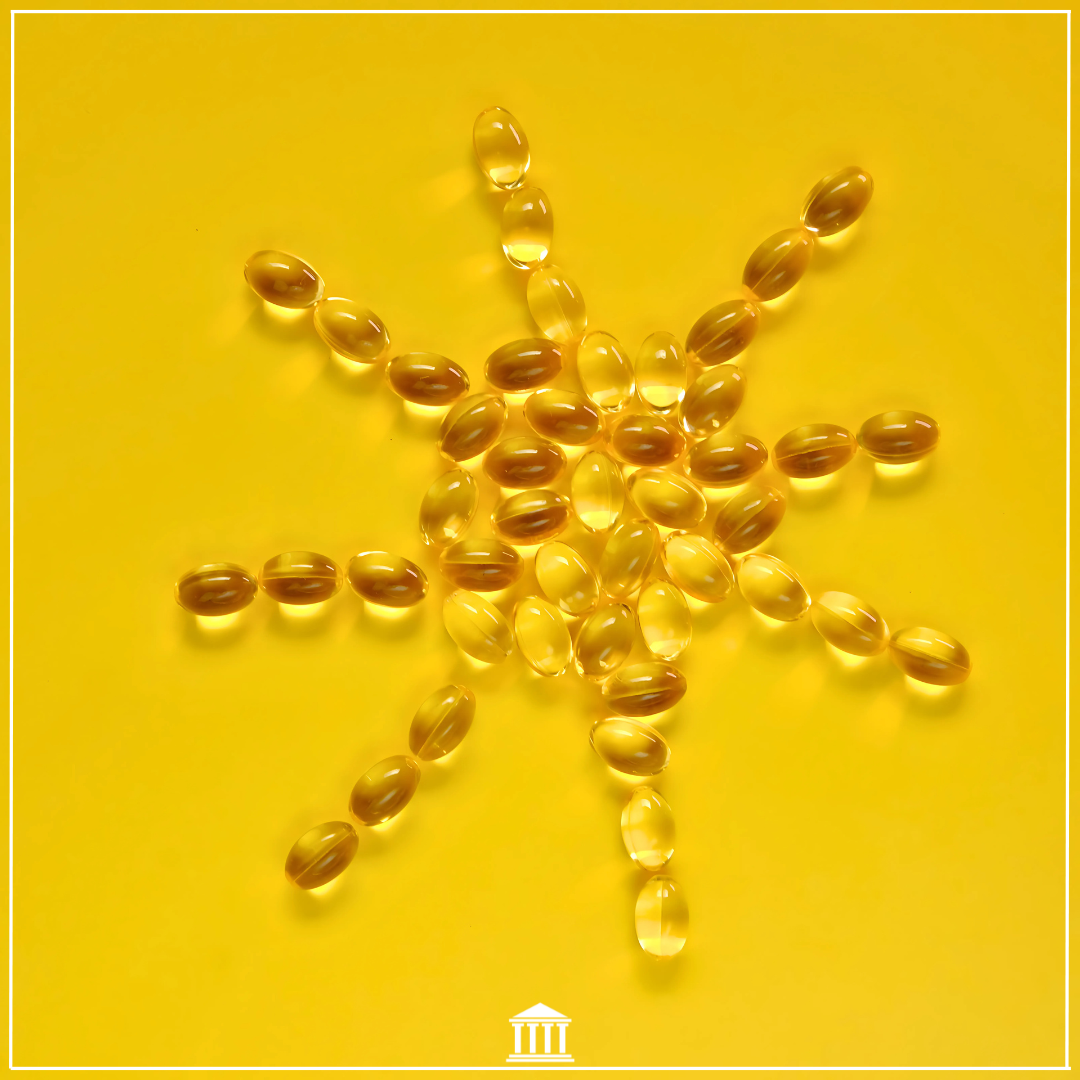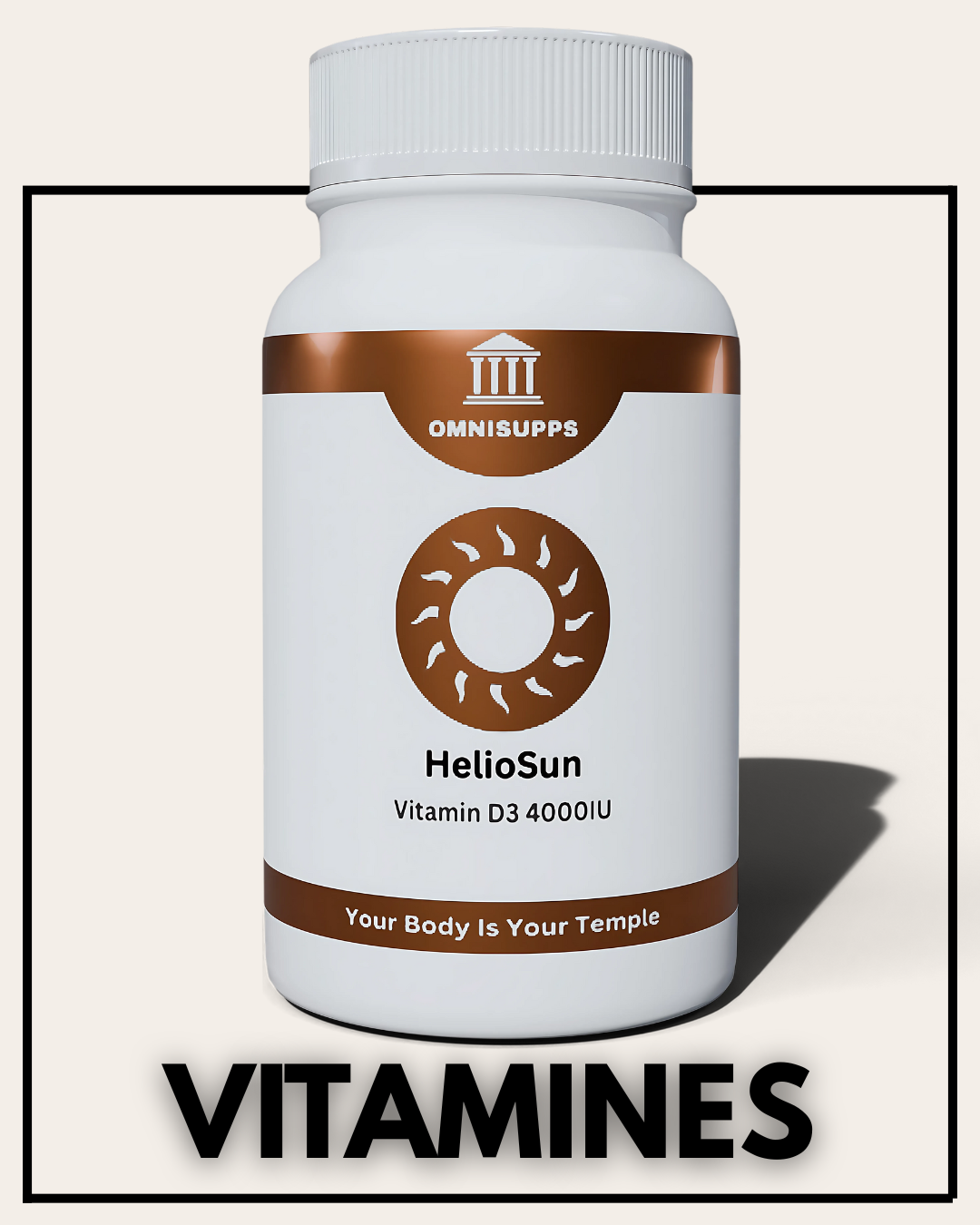
The Hidden Power of Vitamin D: Why It’s More Than Just the “Sunshine Vitamin
Share
When most people hear “Vitamin D,” they immediately think of sunlight. And while it’s true that our skin produces Vitamin D when exposed to UVB rays, this essential nutrient is much more than just a perk of sunny days. For those following a meat-based or carnivore diet, Vitamin D is a critical player in overall health, supporting immunity, hormone balance, and even mental well-being.
What Exactly Is Vitamin D?
Vitamin D is a fat-soluble vitamin that acts more like a hormone in the body. It comes in two main forms:
-
Vitamin D2 (ergocalciferol) – found in some plant sources and fortified foods.
-
Vitamin D3 (cholecalciferol) – found naturally in animal products and produced in your skin when exposed to sunlight.
For optimal health, Vitamin D3 is the more potent and bioavailable form, making it a natural fit for a carnivore or animal-based lifestyle.
Why Is Vitamin D So Important?
-
Bone Health & Calcium Absorption
Vitamin D helps regulate calcium and phosphorus levels in the blood, ensuring strong, healthy bones and teeth. -
Immune System Support
Low Vitamin D levels have been linked to a higher risk of respiratory infections and slower recovery rates from illness. -
Mood & Brain Health
Studies show that Vitamin D receptors are found in areas of the brain linked to mood regulation. Low levels may contribute to seasonal affective disorder (SAD) and depression. -
Hormonal Balance
Vitamin D plays a role in testosterone and estrogen regulation, impacting everything from energy levels to muscle growth.
Best Sources for a Meat-Based Lifestyle
If you follow a carnivore or meat-heavy diet, you’re in luck, Vitamin D-rich animal foods fit perfectly into your plan:
-
Fatty Fish – salmon, mackerel, sardines
-
Egg Yolks – especially from pasture-raised hens
-
Liver – beef or cod liver
-
Butter & Full-Fat Dairy – preferably grass-fed
Pro Tip: Pair Vitamin D-rich foods with healthy animal fats to improve absorption.
Signs You Might Be Deficient
-
Fatigue and low energy
-
Frequent illness
-
Bone or muscle aches
-
Mood changes or mild depression
-
Slow wound healing
If you suspect deficiency, a simple blood test can measure your 25(OH)D levels. Many experts recommend aiming for 40–60 ng/mL for optimal health.
Vitamin D & the Carnivore Diet
On a carnivore diet, you’re already getting some of the richest natural sources of Vitamin D. However, if you live in a region with limited sunlight, especially in winter, supplementation might still be necessary.
At Omnisupps Nutrition, we prioritize bioavailable, animal-based Vitamin D3 supplements, often paired with Vitamin K2 for better calcium utilization and heart health.
Final Thoughts
Vitamin D is more than just a seasonal nutrient, it’s a year-round essential for bone strength, immunity, mood, and hormonal health. By embracing nutrient-dense, animal-based foods and smart supplementation when needed, you can keep your levels optimized naturally.
📌 Takeaway Tip:
Aim for a combination of sunlight exposure, animal-based Vitamin D3 sources, and, if necessary, quality supplementation to keep your health at its peak.


